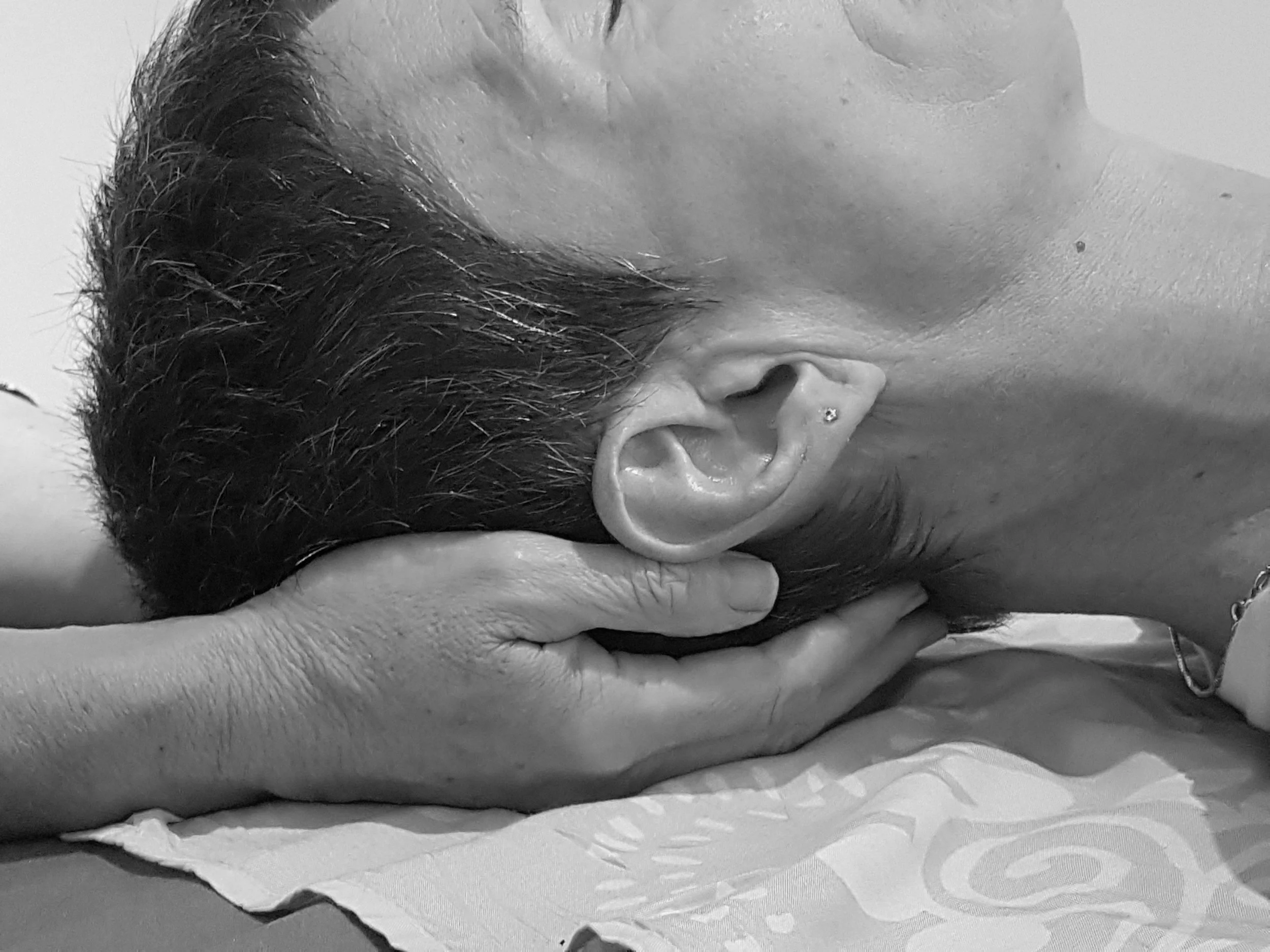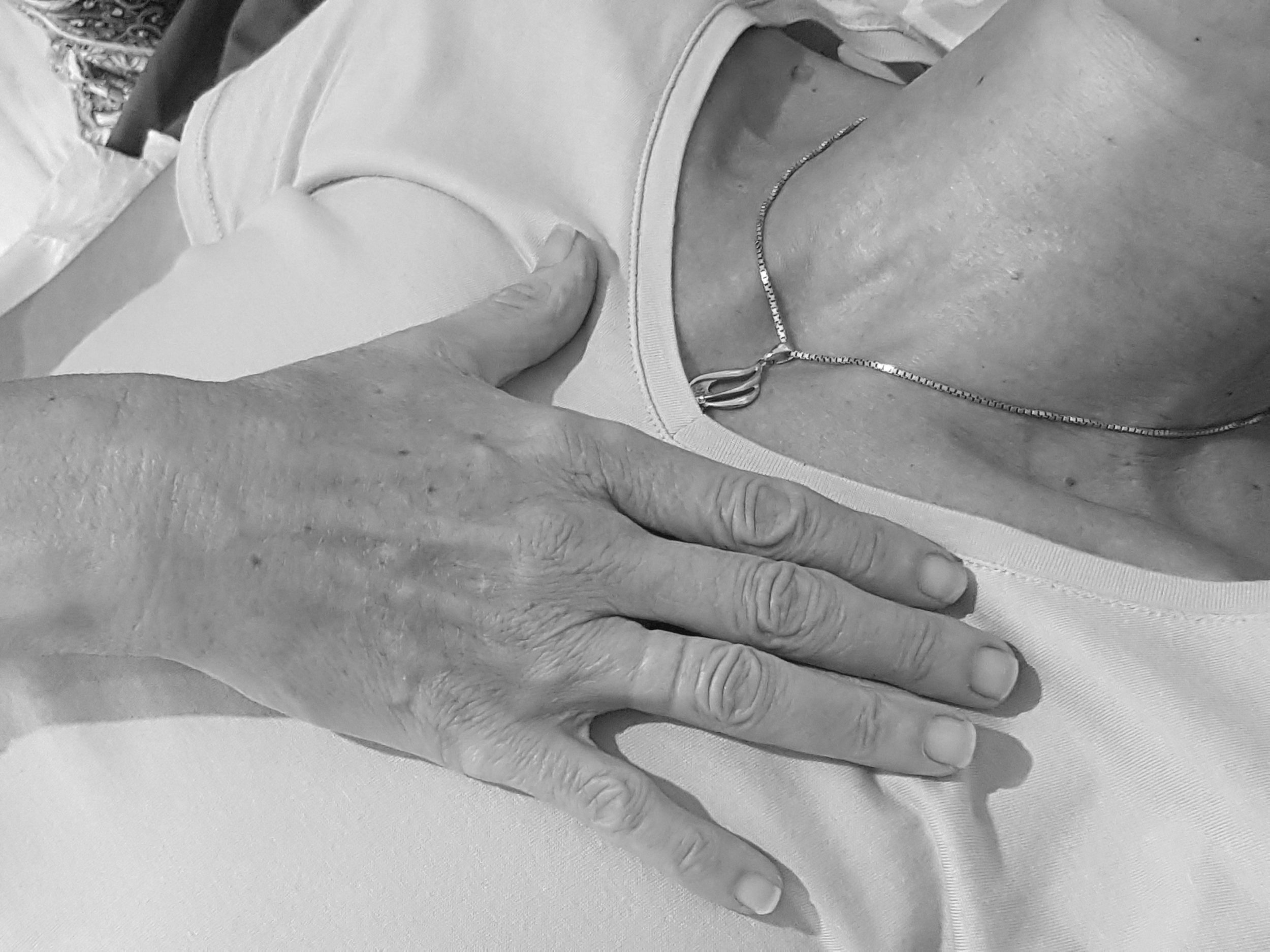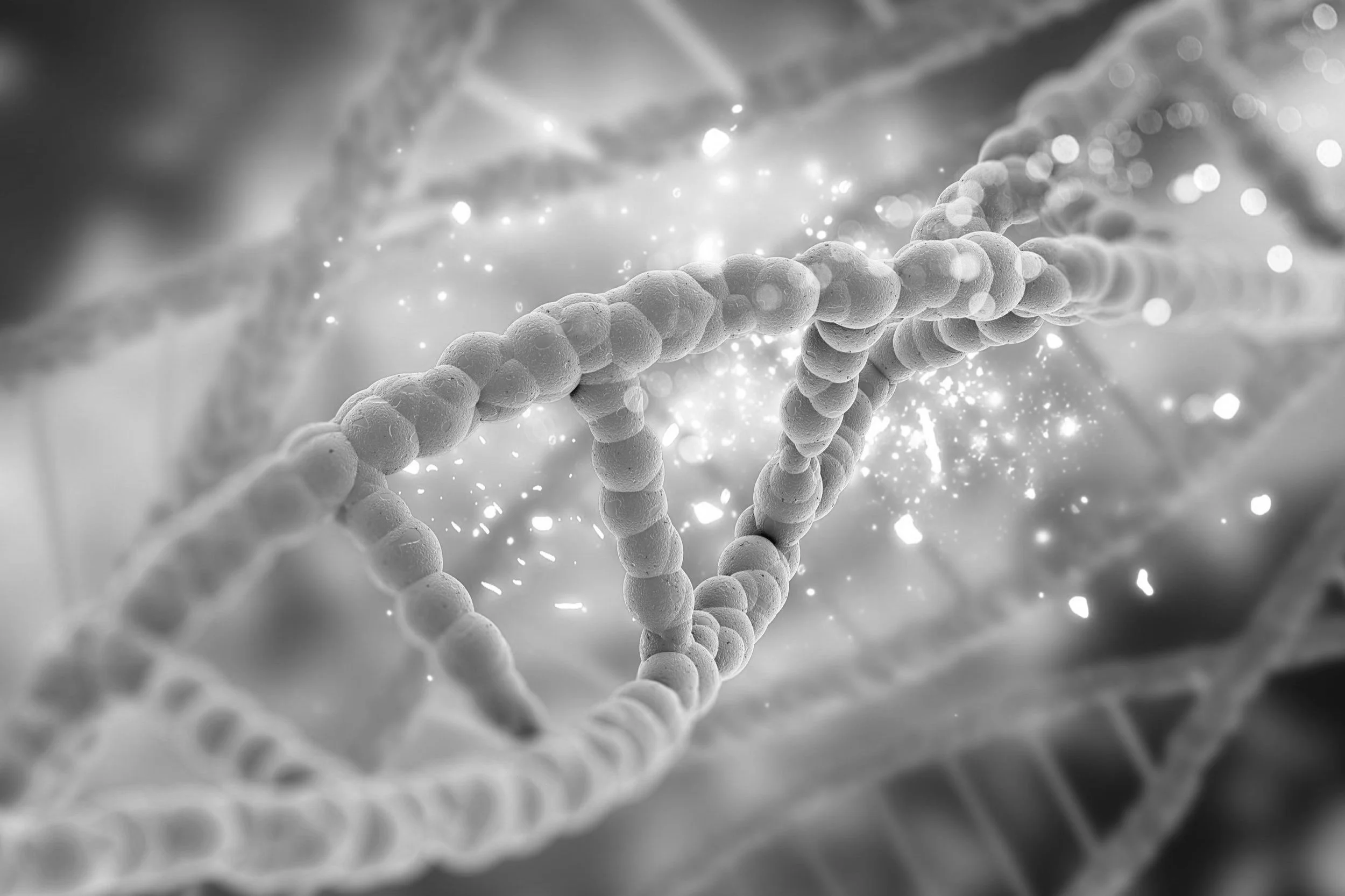Our Services
Treatment considerations
What to look for when choosing a Cranio Sacral Therapist:
- Have they completed a full Cranio Sacral Training course?
- Is their training recognised at an international level?
- A minimum of 840 hours of accountable training
- Including a minimum of 140 hours of supervised practise.
- In depth anatomy and physiology training and examinations
- In Australia and South Pacific CSTAA, (Craniosacral Therapy Association of Australian) recognises both Bio mechanical and Biodynamic practitioners.
- PACT (Pacific Association of Craniosacral Therapy) Recognises Biodynamic practitioners.
- Training is a minimum of 2-3 years
LOOKING FOR A PRACTITIONER FOR YOUR CHILD OR BABY?
Firstly, is very important to know that Pediatrics is taught in the last two trimesters of training so if the practitioner you are considering has not completed a full practitioner training, which is recognised by an association it is a real possibility they haven’t studied pediatrics.
Pre-natal and post-natal care of a baby is currently NOT taught in Australia. Practitioners are required to travel overseas to access this training. It is NOT something that can be taught online.
Treating paediatrics is not like treating mini adults. There are more energetic dynamics to take into consideration when treating children.
They wont always lie on the table for treatments or a full consultation time. It takes a level of skill to engage children in treatment and make them feel safe.
A child’s energy is very different to that of an adult. Many practitioners believe that treating children is an easy flow on from adults – this is not generally the case.
Babies – a newborn’s energy is quite fragile, and they have often experienced trauma during pregnancy and or birth. Babies should be treated by experienced practitioners with the appropriate level of training.
Cranio Sacral Therapy
Derived from a form of osteopathic medicine, Cranio Sacral Therapy (CST) is a gentle, non-invasive therapy that works subtly with the client's body to release blockages that produce symptoms, either physical or emotional. Using light contact with their hands, the Practitioner connects to the client's energy to facilitate and support re-balancing.
CST is beneficial for:
• Chronic pain or injuries
• Physical & emotional trauma
• Reflux or colic in babies
• Feeding difficulties
• Post-traumatic birth
• Behavioral problems
• Emotional stress
• Migraines and headaches
• Fertility
Cranio Sacral Therapy Training
Studying Cranio Sacral Therapy
The Cranio Sacral Training course is a two-year course divided into six trimesters of five days face-to-face training at the clinic, during which you will learn the theory and practical skills. Once you have finished, you will put all of your newfound knowledge and skills into practice on as many people as you can so you get to know each technique to the best of your ability.
Small classes so Lynne can provide more direct support to ensure you are competent in your skills.
You will learn the Anatomy and Physiology needed.
Lots of hands-on practice with and on other students.
Self-paced study to complete in between trimesters so it can fit in with your life.
Gain confidence and knowledge to grow your own practice.
The Australian Institute of Cranio Sacral Therapy was founded by John Dalton in 1997 and became the first Government accredited training in cranio sacral therapy in 1999. When John relocated back to Ireland in 2006 he handed over the Institute to Lynne (she was a graduate of the Institute).
For further information on John and his work please follow these links:
https://www.furtheremergence.com
https://www.johndaltontherapy.com
Genome Therapy
Genome Therapy is the process of resolving an imbalance in the body or even a specific organ.
The process involves talking to the area of your body to find out what help it needs and guiding it through a transformation process to clear the issue and to begin healing.
This can be done in person or remotely.
Cranio Sacral Therapy for Lactation Support
Lynne has recently completed studies in lactation support with the Hazelbaker Lactation Institute, based in the USA.
Dr Hazelbaker authored the Assessment Tool for Lingual Frenulum Function (ATLFF), which has become a world standard for differentiating a Tongue Tie from a Functional Feeding problem. The ATLFF remains the only research-based Tongue Tie screening process in infants under 6 months.
Tongue Tie:
A true tongue tie is a failure of tissue differentiation that occurs in utero around 6-7 weeks of gestation. A true tongue tie occurs in only about 3 - 5% of babies and requires a Frenotomy (surgical correction).
Functional Feeding Issues:
Presents similar issues as a Tongue Tie, but not corrected by surgical intervention. These babies require body work to help correct the underlying structural problems that have created the issue.
These babies struggle with a proper latch, may feed better on one side than the other, or struggle with an unusual feeding position. They break latch, can have a noisy latch, swallow air and squirm as they feed. These babies often have short sleep cycles also as a result of the underlying structural pattern.
Pediatrics:
Lynne has a special interest in working with children and over the last 25 years, has worked with many different paediatric presentations.
Many families have found Cranio Sacral Therapy very supportive for children with learning difficulties, auditory processing, anxiety, epilepsy and ASD.
Babies:
Lynne loves working with babies. Unsettled babies, feeding issues, birth trauma, Plagiocephaly (flat spots on the babies head), reflux or general post-birth unwind and integration strategies.




